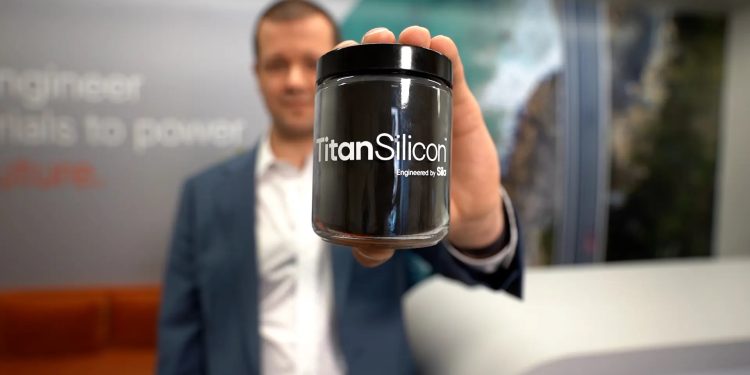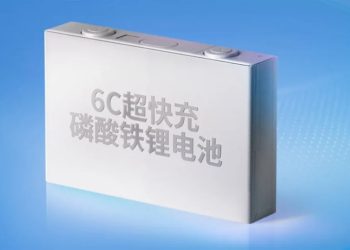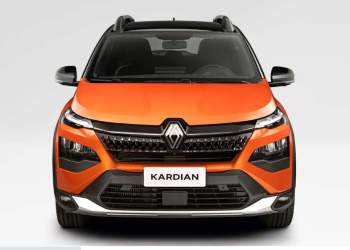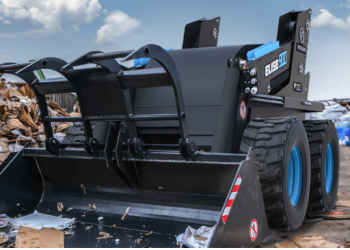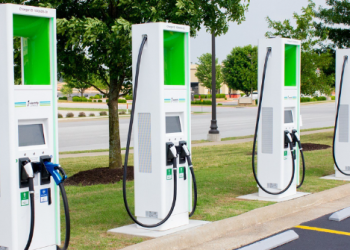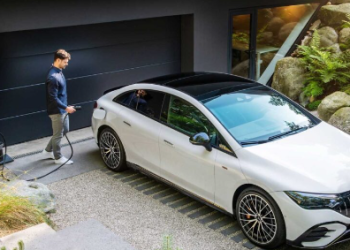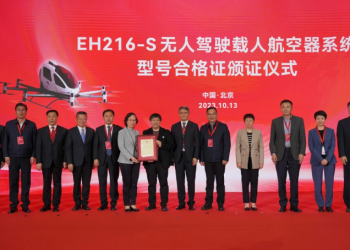The discovery of a new anode could represent another interesting solution to the difficulties faced by electric vehicles, with respect to autonomy and charging times.
Sila Nanotechnologies, through its Titan Silicon material, is attracting interest from manufacturers for its innovative levels to increase range and offer more speed when supplying energy.
The company highlights that it could have more than 20% more autonomy, with the same battery size and an improvement in fast charging time, which would go from charging in 1 hour to just 20 minutes.
This is an important technological advance that will change the daily life of the electric car user as well as the planning of trips, one of the most feared points.
Read also:Schaeffler Unveils Technology for Placing Electric Motors in Tires
Characteristics
Sila Nanotechnologies created a silicon-based material that is designed to be used in the anodes of the battery. This is the area of the battery from which electrons depart during discharge.
In traditional lithium-ion batteries in electric cars the anode is typically made of graphite unlike Sila Technologies‘ new powdered creation, also known as Nano Composite Silicon (NCS).
The theory goes that silicon can store more energy than graphite in the same volume so this could be a good solution for electric car batteries.
Intensive Testing
Sila Technologies has made more than 70,000 iterations of this material to come up with the final Total Silicon design.
To avoid the limitation of silicon size change, Sila has encapsulated the silicon particles in a scaffold/cage-like structure to limit their expansion.
Titan Silicon is 100% compatible with current battery cells in either cylindrical, bag or cube design and this makes it easy for manufacturers to integrate new batteries in the same location.
Mass production of Titan Silicon is planned for 2024, and it will be in the next 5 years when the manufacturer expects that production will already be sufficient for one million electrified car batteries.



